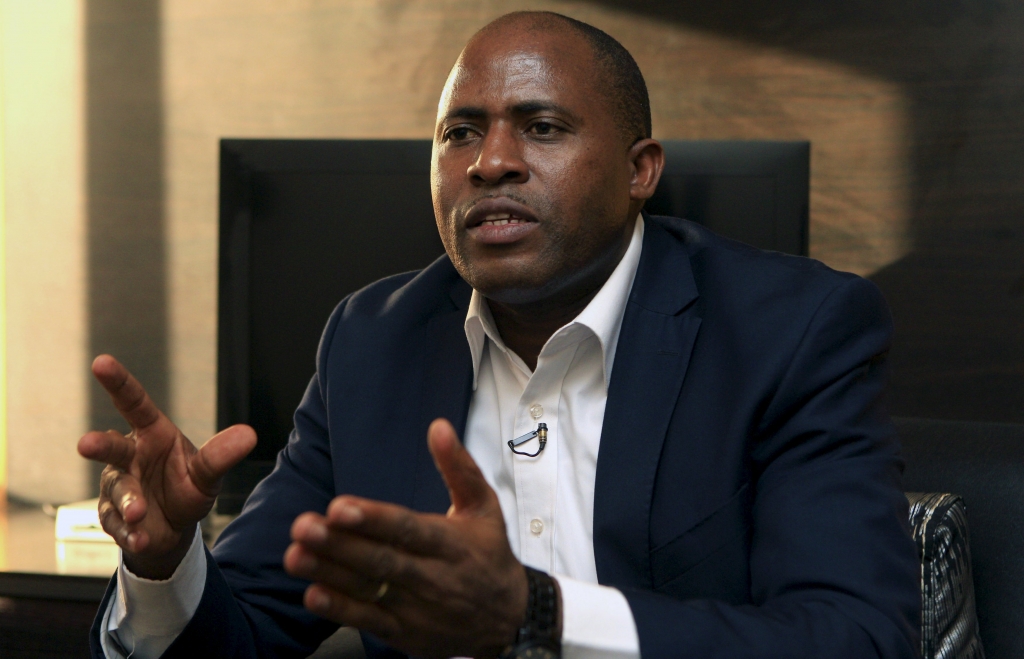-
Tips for becoming a good boxer - November 6, 2020
-
7 expert tips for making your hens night a memorable one - November 6, 2020
-
5 reasons to host your Christmas party on a cruise boat - November 6, 2020
-
What to do when you’re charged with a crime - November 6, 2020
-
Should you get one or multiple dogs? Here’s all you need to know - November 3, 2020
-
A Guide: How to Build Your Very Own Magic Mirror - February 14, 2019
-
Our Top Inspirational Baseball Stars - November 24, 2018
-
Five Tech Tools That Will Help You Turn Your Blog into a Business - November 24, 2018
-
How to Indulge on Vacation without Expanding Your Waist - November 9, 2018
-
5 Strategies for Businesses to Appeal to Today’s Increasingly Mobile-Crazed Customers - November 9, 2018
Burundi delays presidential poll amid unrest
In the run-up to the elections, Burundi’s opposition and civil society groups had urged citizens to boycott the poll to protest Nkurunziza’s intention to run for a third term in office in presidential polls slated for July 15.
Advertisement
“The grave danger the country faces should not be underestimated, given the increasing polarization and the apparent choice of Burundian leaders to put personal interest before those of the country”, UN Assistant Secretary-General for Political Affairs Taye-Brook Zerihoun said in comments published on the UN’s website. Demonstrators have been imprisoned and subjected to torture and ill-treatment.
While MENUB assessed that the Independent National Election Commission adequately handled the voter registration and the nomination of candidates, opposition parties repeatedly accused the electoral management body of lacking credibility and independence, continued Zehiroun. A vote for lawmakers last month was conducted in an environment that United Nations observers said was “not conducive for free, credible and inclusive” elections.
He said global pressure on the president had failed and called for targeted sanctions.
CENI President Pierre Claver Ndayicariye said provisional results of the parliamentary election on June 29 gave CNDD-FDD 77 percent of the vote, giving it another sweeping majority in the 121-seat parliament.
Preparations for the presidential election are ongoing.
The president’s opponents say he is threatening that pact, which sets a two-term limit, by seeking a third term.
Regional leaders under the East African Community bloc, of which Burundi is a member, met in Tanzania to discuss the situation in Burundi as the government presses ahead with the controversial polls.
For Zehiroun, that Communiqu is a clear path forward.
The crisis in the central African nation revolves around President Pierre Nkurunziza’s third-term bid, which his opponents say is unconstitutional and violates a peace deal that brought an end to a dozen years of civil war in 2006.
Advertisement
Mr Ngendakumana, 46, who asked that his precise location was not disclosed, said the president and his allies were behind stoking ethnic tensions and were arming the ruling CNDD-FDD’s youth-wing Imbonerakure, widely seen as a Hutu force.





























